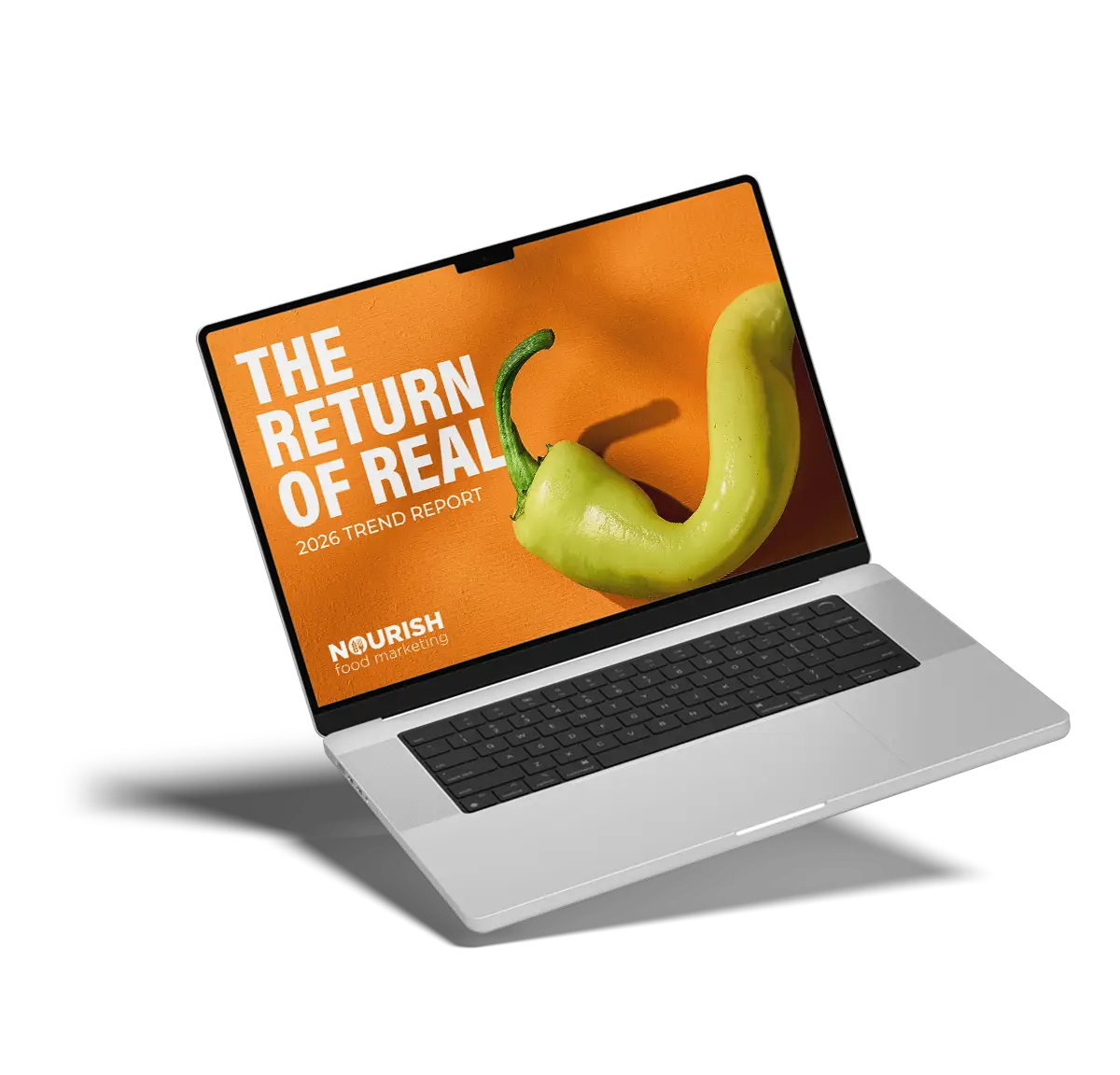There is growing awareness amongst both the medical community and consumers that microbiome health, which is the health of the bacterial flora that lives in our gut, is at the root of wellness. Scientists estimate that the microorganisms living within us outnumber our human cells by a ratio of up to 3:1. Our gut microbiome is an ecosystem of bacteria, yeast, fungi, viruses, and protozoans, single-celled microscopic animals.
There is a growing body of research that shows our gut has health effects that go beyond digestion and include our immune system, brain, metabolism, inflammation, cardiovascular health and even our weight. We are beginning to learn that the bacteria in our gut is closely linked to our mind, giving a whole new meaning to the idea of having a gut feeling about something. Not only do anxious and depressed people have different gut bacteria, but it also turns out that people with schizophrenia do as well.
Researchers have found that people with schizophrenia have low levels of certain good bacteria and high levels of certain other strains. The bacteria markers were so reliable that they were able to accurately identify subjects with schizophrenia by their fecal samples alone. Whether altering gut bacteria can treat schizophrenia is still being researched, but because of these kinds of new scientific discoveries, we believe the importance of the microbiome will continue to grow. Consumers will, as always, take matters in their own hands and guts!
You can read more about schizophrenia’s surprising link to the gut here.
This advance in scientific knowledge is already resulting in new products and services coming to market. Part of the expansion in new products is due to new probiotic bacterial strains that do not need to be refrigerated, so probiotics are now showing up in pantry type products like granola.
Viome is selling At-home fecal test kits with recommendations on how to change your diet to improve your microbiome. You can watch Viome’s video here.
Being a curious geek at heart (and gut) I, of course, had to try this out. The app is pretty slick. You have to answer a very long questionnaire in advance of having your fecal sample analyzed. I found a number of the recommendations they provided were basic nutritional common sense. It did tell me to stop eating bell peppers, paprika and cucumbers - all foods that I love!
I also found some of the recommendations conflicting - don’t eat butter, but another dairy, including ghee, is okay?
What’s next on this front? Viome is buying Habit, a personalized nutrition company, from Campbell Soup. Soon you will get customized meals delivered that are based on your bacterial needs.
Hospitals have been doing fecal transplants from healthy donors to patients’ gastrointestinal tract to treat infections for years. There is even a black market for transplants as people try to hack their intestinal tract to improve health and weight issues. The next thing in healthy microbiomes? A performance-enhancing pill based on the gut bacteria of elite athletes is now in development. Could this be the next “performance-enhancing drug” to enter athletics?
Big CPG companies are doubling down on digestive health. General Mills is deepening its strategic partnership with natural brand GoodBelly, launching a line of lactose-free yogurts and cereal under the digestive health brand.
Even companies like Clorox and Unilever, who have products meant to kill bacteria, are now buying their way into the booming good bacteria market!
In a leadership move, Danone, who made its first yogurt in Barcelona in 1919, is open-sourcing its 193 lactic and bifidobacteria ferment strains as well as the over 1,600 strains that it has been collecting at its research and innovation center. Why? It wants to encourage more research and breakthrough products to improve diet and the human gut as part of its mission in becoming a Certified B Corporation.
In a rather extreme example, a Japanese restaurant is planning to serve you 3D-printed sushi based on biodata provided by your saliva and urine in advance of your dining experience!
Of course, you need prebiotics to feed those probiotics and produce good gut bacteria, and that means fibre, an often overlooked ingredient in maintaining good health. Western countries have become fixated on getting enough protein in their diet, when in fact most of us get more than enough protein but are deficient in getting enough fibre, with most of us only getting half of what we need! You can read more about this in “Big stools, small hospitals. Small stools, big hospitals. A Plea to Make Fiber Cool” https://www.thecut.com/2019/03/what-does-dietary-fiber-do-and-why-is-it-healthy.html?utm_source=tw
The merging of science and food is coming hard and fast. Are you ready?
So What?
Things to consider:
If you’re a Manufacturer:
What gut-friendly ingredients could you be calling out in your existing products? What could you be adding?
If you’re a Retailer:
Should you be creating a section of gut-friendly items, similar to the early days of gluten-free?
If you’re in Food Service:
How does your food impact the well-being of your diners? Can you introduce more fermented products, like kimchi on that burger or sauerkraut as a side?
